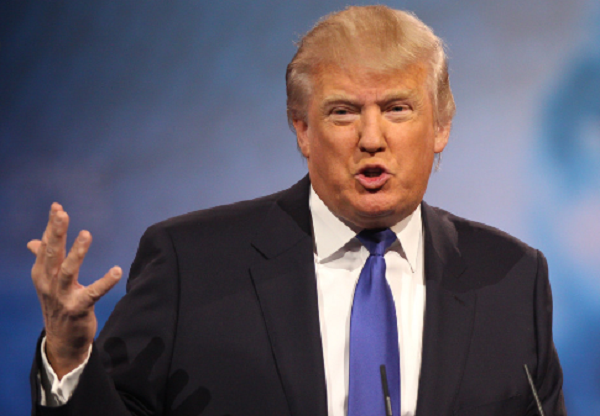An Illinois judge has excluded former President Donald Trump from the ballot in the state, citing the insurrection clause of the 14th Amendment. However, Cook County Circuit Judge Tracie Porter has temporarily delayed the implementation of the decision, pending an appeal.
This comes as the Supreme Court is reviewing a similar case from Colorado, which seeks to disqualify the leading contender for the Republican presidential nomination based on their alleged participation in the Capitol riot on January 6, 2021. In response, Trump’s campaign spokesperson, Steven Cheung, stated that they will promptly file an appeal.
“Today, an activist Democrat judge in Illinois summarily overruled the state’s board of elections and contradicted earlier decisions from dozens of other state and federal jurisdictions,” Cheung said, calling it an “unconstitutional ruling.”
Porter’s extensive ruling acknowledged that her decision may not be the final resolution, as higher courts will have the opportunity to review it, as reported by WBEZ. The arguments presented to exclude Trump from Colorado’s ballot seem weak, and the U.S. Supreme Court is prepared to make a judgment on the matter soon. With Colorado’s primary election scheduled for Tuesday, the highest court in the country is under pressure to act swiftly.
Furthermore, Porter warned that she would rescind her order if the Supreme Court’s ruling contradicts her own.
? BREAKING: Illinois judge removes Donald Trump from the state’s ballot based on the 14th Amendment’s “insurrectionist ban.”
— Benny Johnson (@bennyjohnson) February 29, 2024
In the recent hearing at the U.S. Supreme Court, Justice Samuel Alito, known for his conservative views, expressed his concern over Colorado’s strict ban on former President Donald Trump’s ability to run for president. The discussion revolved around the constitutional validity of removing him from the state’s 2024 ballot under the pretext of “insurrection.” Alito raised the question to Trump’s attorney, Jonathan Mitchell, regarding the potential implications of Colorado’s legislation on other states.
“Suppose there is a country that proclaims again and again and again that the United States is its biggest enemy, and suppose that the president of the United States, for diplomatic reasons, thinks it is in the best interest of the United States to provide funds or release funds so that they can be used by that country, could a state determine that person has given aid and comfort to the enemy and therefore keep that person off of the ballot?” Alito asked.
Mitchell stated that Colorado does not adhere to the legal principles of collateral estoppel or issue preclusion, which prevent a party from re-litigating a matter already decided in a prior court case, thus not setting a precedent for other states.
In December, the Colorado Supreme Court ruled that Trump had incited insurrection during the events of January 6, 2021, when his supporters breached the Capitol during the certification of the 2020 election results. The court voted 4-3, emphasizing the gravity of the decision and the weight of the issues at hand. The ruling is pending appeal to the Supreme Court. Trump has not faced criminal charges for insurrection.
The court in Colorado ruled that Trump’s “direct and express efforts, over several months, exhorting his supporters to march to the Capitol to prevent what he falsely characterized as an alleged fraud on the people of this country were indisputably overt and voluntary.”
“Put a swift and decisive end to these ballot-disqualification efforts, which threaten to disenfranchise tens of millions of Americans and which promise to unleash chaos and bedlam,” Trump’s attorneys pleaded with the justices in their opening brief to the court.

